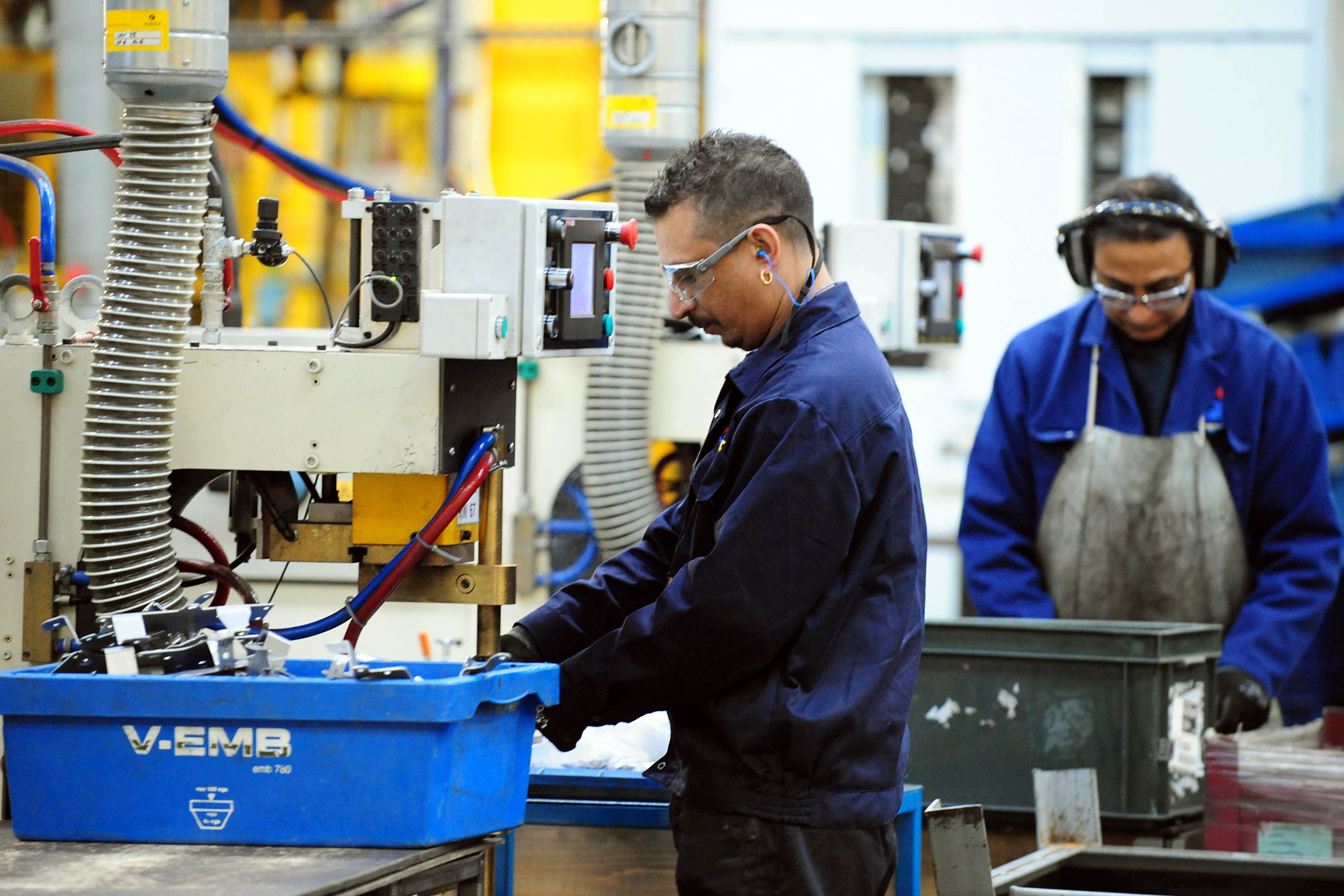Businesses did better than expected in April, survey suggests
The reading from the influential PMI survey jumped significantly between March and April, new figures show.

Your support helps us to tell the story
From reproductive rights to climate change to Big Tech, The Independent is on the ground when the story is developing. Whether it's investigating the financials of Elon Musk's pro-Trump PAC or producing our latest documentary, 'The A Word', which shines a light on the American women fighting for reproductive rights, we know how important it is to parse out the facts from the messaging.
At such a critical moment in US history, we need reporters on the ground. Your donation allows us to keep sending journalists to speak to both sides of the story.
The Independent is trusted by Americans across the entire political spectrum. And unlike many other quality news outlets, we choose not to lock Americans out of our reporting and analysis with paywalls. We believe quality journalism should be available to everyone, paid for by those who can afford it.
Your support makes all the difference.The UK’s private sector grew faster than expected in the first weeks of April, a survey of businesses has suggested.
The monthly flash purchasing managers’ index (PMI) showed a score of 53.9 this month, compared with the 52.5 which had been forecast.
It is also a major jump from 52.2 in March and the highest in around a year.
The survey is run by S&P Global and CIPS and gathers answers from business leaders across the country.
For now the key takeaway is that the economy as a whole is not only showing encouraging resilience but has gained growth momentum heading into the second quarter
It then uses their responses to assign a score. If this score is above 50 it means that the sector is growing and below it means it is shrinking.
April’s flash figures, which are based on preliminary data before all the responses have been received, show that the private sector is set to grow for the third straight month.
“Flash PMI surveys signalled an acceleration of economic growth to the fastest for a year in April, building on a modest return to growth in the first quarter of the year,” said Chris Williamson, chief business economist at S&P Global Market Intelligence.
Businesses saw a rise in the number of new orders they received during the month, according to the survey responses.
But the overall picture hides a wider range of fortunes among some sectors of the economy.
Manufacturing production fell during the month. Goods producers said that demand is reducing as customers decrease the amount of stock they hold and people try to cut costs in a tight economic climate.
But the service sector said consumer spending remained resilient, according to the survey.
“Growth is lopsided, with surging demand for services contrasting with an ongoing downturn in demand for goods,” Mr Williamson said.
“Even within the service sector, growth is dependent on consumers switching spending from goods to services and a revival of financial services activity, both of which are areas susceptible to the impact of higher interest rates and the ongoing cost-of-living squeeze.
“Business services and manufacturing are clearly struggling.
“However, for now the key takeaway is that the economy as a whole is not only showing encouraging resilience but has gained growth momentum heading into the second quarter, the latest PMI reading broadly indicative of GDP rising at a robust quarterly rate of 0.4%.”